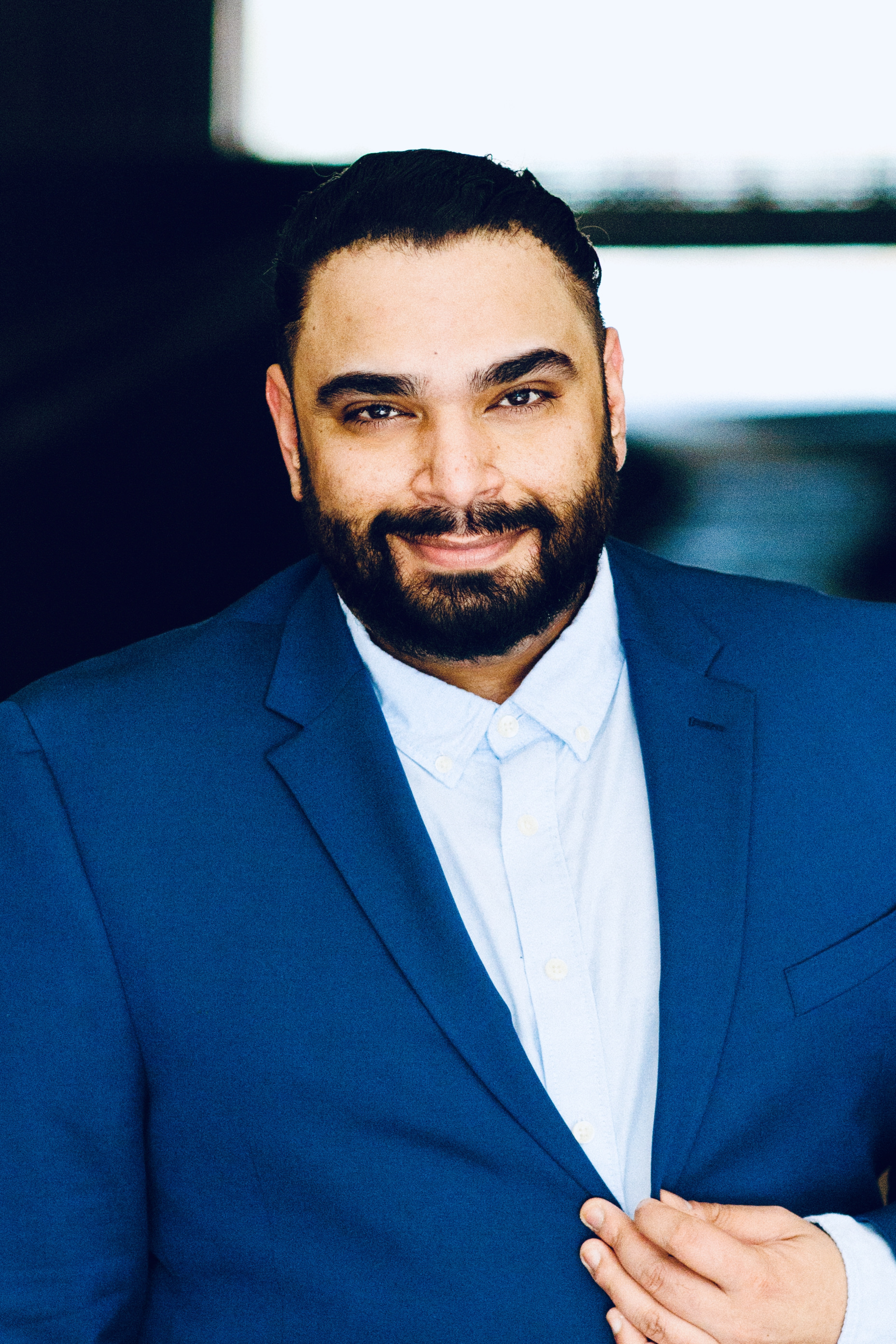Parag S. Gohel (BA, 2008)
Why did you choose to pursue your degree at Pitt?
I originally chose Pitt to pursue the sciences and started with pre-med not knowing exactly where to focus my energy. I was fresh out of high school with AP class credits under my belt and often gravitated towards the field of Psychology, pulling me into the world of research and clinics when I first started, somewhat following in my older sister’s footsteps. It had been ingrained into me that although my creative, art-making side was valuable, it was neither practical nor would it lead to any sort of stable career - so I chose to pursue my B.S. while holding gen-ed and arts-centric classes close to my heart. During that time, I took Intro to Performance and it changed everything: the instructor encouraged me to audition for the Theatre Arts Department and it shifted the trajectory of my entire path. Between getting cast in MainStage productions, meeting an incredible set of mentors, and quickly unlocking a myriad of joyful skillsets along with viable job options, I felt compelled to pursue a B.A. in Theatre Arts alongside my B.S. in Psychology. It took five years to complete both degrees with support from friends and family and I wouldn’t have done it any other way.
How did the program help prepare you for life after graduation?
While Psychology gave me a better understanding of people dynamics and aspects of the human condition, it was my Theatre Arts program that prepared me for resilience and reinvention for life after graduation. My explorative approach during undergrad not only led me to performance but also paved the way for opportunities to sound design, direct, write, and produce between lab shows and student organizations like Redeye Theatre Project. Similarly, I used that explorative lens after graduation as I continued to audition and got work as an actor, managed a tea shop, became a Standardized Patient trainer, ran crew and sound and light boards for various theater houses in the city, and eventually found work as a teaching artist and adjunct instructor - all of which comprised the breadth of my multi-disciplinary freelance career. The lessons from school of turning rejection into opportunity and failure into phases of growth instilled in me the idea that everyone’s timeline is different and not everything must be linear. With the help of peers and mentors, the program also inspired me to take risks and become more brave. It made me see that everything has a process and that with enough patience and persistence, a lot more becomes possible.
What is your current position and how did you get it?
I am currently the Director of Education & Engagement at Pittsburgh Public Theater. And if I’m being totally honest, it took me wrestling with my own imposter syndrome to get the job. To even apply for the position, it took people around me saying they could see me do it after steeping myself in the Pittsburgh arts community in various roles for over a decade. I leaned on coaching help and revamping my resume to better align with my current skills and values as I went through an extensive interview process. I had to trust the process of their search and essentially lift up the idea that my ambition could meet the moment.
Do you have any thoughts or advice for current students?
Reflecting on student culture, things can feel so absolute when you make a decision, like you can never go back or change your mind once you’ve chosen something - almost as if once you decide to go down a certain path, that suddenly all other paths disappear and will forever be unavailable. I think that mindset is really limiting, and as someone who ended up in a completely different place from where he started out it’s safe to say that it’s never too late. Stay open to new experiences and seek out opportunities that get you out of your comfort zone. In your personal and professional life, it’ll also be a game-changer to practice accountability - how are you showing up for people and how do you they show up for you? Mistakes and messes are inevitable, but the true test is how you handle them and move forward. Take more risks by allowing yourself to be vulnerable and ask for help when you need it. My best piece of advice is to keep going.
